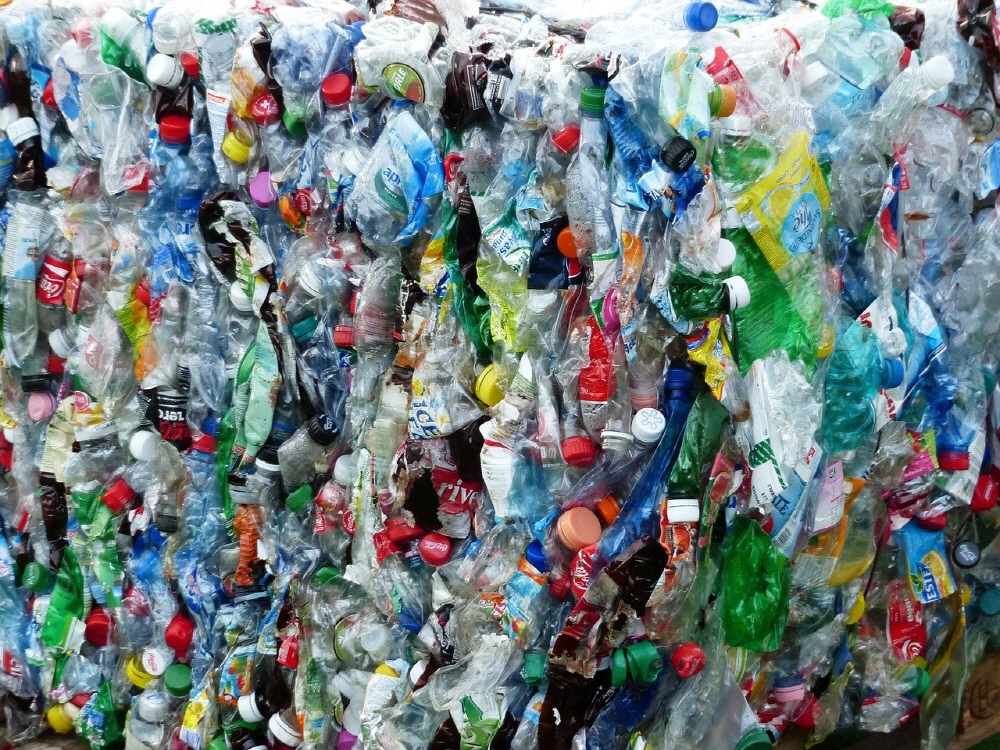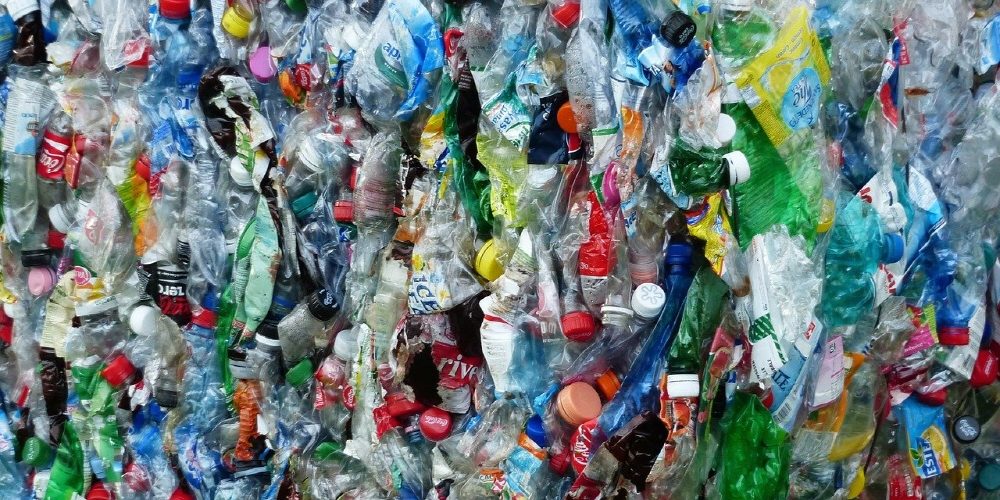
An enzyme that can decompose polyethylene used in plastic bottles and clothing materials in a shorter time than before has been developed. Unlike polyethylene degrading enzymes discovered so far, it is said that it can be applied to recycling.
According to a study published in 2019, it is estimated that 150 million to 200 million tons of plastics produced annually around the world are landfilled or accumulated in the natural environment. Among them, polyethylene produces 70 million tons per year worldwide, but since most of them are not decomposed naturally, garbage such as plastic bottles left behind affects the ecosystem, which is an environmental problem.
Of course, this was not the first enzyme that could hydrolyze polyethylene. However, the goal of reducing polyethylene production cannot be achieved because it takes a long time to decompose or becomes non-recyclable.
Arbios, a French plastics manufacturer, investigated 100,000 kinds of microorganisms found in compost in 2012, and changed the found enzymes based on data on the decomposition pathway of polyethylene, decomposing polyethylene in a short time and enabling recycling. Announced that a new enzyme was developed.
To decompose polyethylene, it must be dissolved to some extent, but the existing enzyme had a problem of losing its activity at a temperature of 65 degrees. However, the enzyme developed by Arbios showed stable activity at 72 degrees and was able to rapidly decompose polyethylene. The research team reports that 90% of a ton of PET bottles can be decomposed within 10 hours, and the new enzyme has succeeded in recycling and producing PET bottles from materials after decomposition.
The cost of producing the enzyme is said to be 4% of the cost of producing a new PET bottle. Arbios has already signed a contract to produce this enzyme on a large scale with biotech company Novozymes. Decomposition requires heating, and the cost of producing recycled PET bottles using enzymes is higher than the cost of producing new PET bottles. However, Arvios says that the existing recycled PET bottles are of low quality and are sold at a high price due to a lack of supply. He also points out that the problem is plastic waste as plastic provides a lot of value to society such as food, medical care, and transportation. It is explained that half of the plastic is the key to increasing the plastic waste recovery rate as it affects the environment or landfill. Related information can be found here .


















Add comment